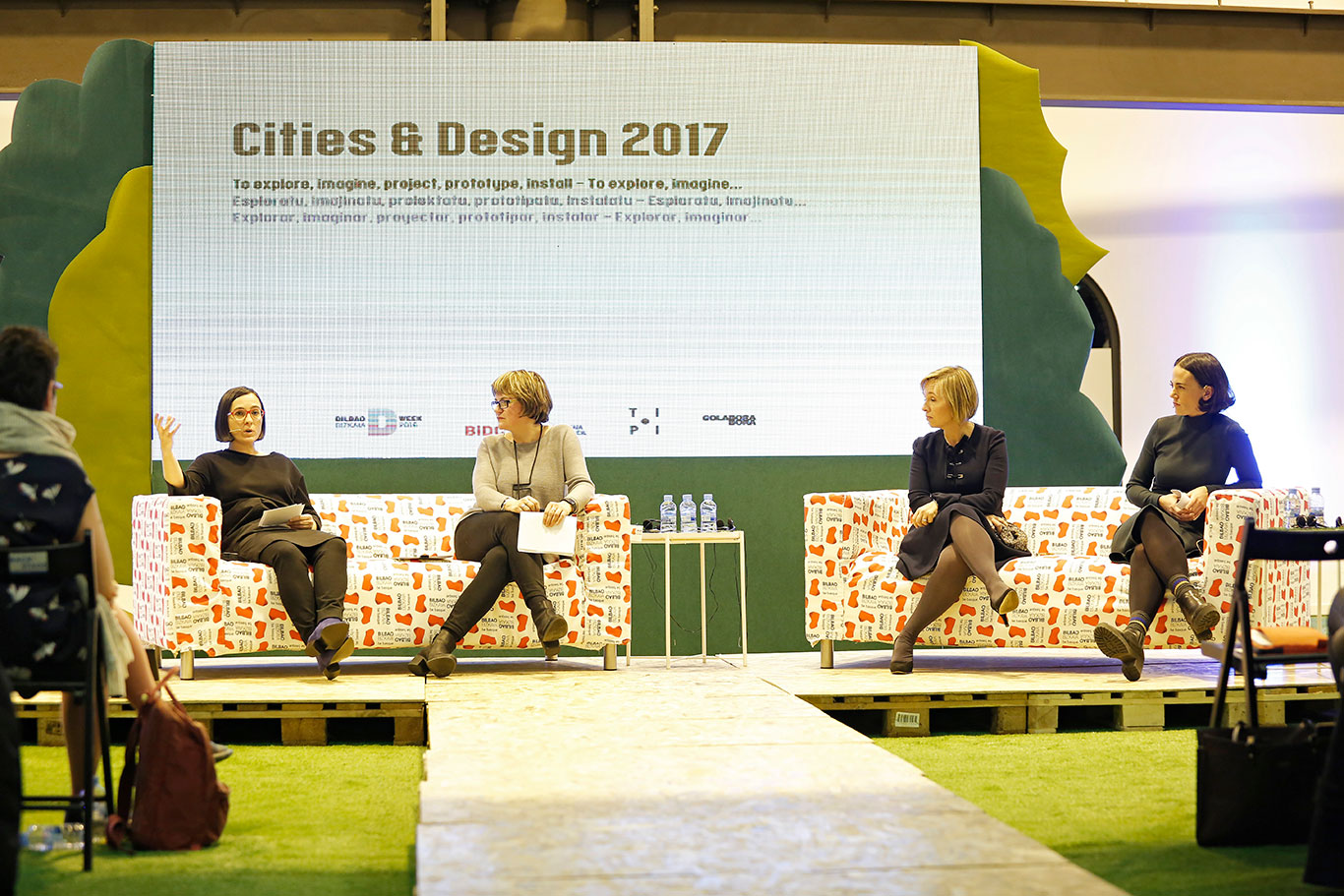
In 2014 the city of Bilbao is designated by UNESCO to enter the Cities of Design Network along with cities such as Helksinki, Detroit or Singapore. This fact results in a trigger to reinforce a strategy in the city and the region of Bizkaia where creativity and design are seen as key factors to build a sustainable future for its citizens.
The strategy develops new infraestructures, services, policies and activities as the Bilbao Bizkaia Design Week, the most important event in the city to promote design and creative industries that attracts the attention of public and private sector, designers and creative sector, citizens and communities.
To develop part of this event in 2017, Bilbao City Council asked ColaBoraBora and Tipi to design and curate a new edition of the panel Cities&Design, where to explore the next generation of social and public services based on the dialogue and collaboration between citizens and institutions.
MY ROLE: very active as a creative and content manager, working closely with Tipi and the team of Bilbao City Council and Bilbao Bizkaia City Council.
Cities&Design 2017 was focused on the opportunities of design to create better cities for and with its citizens. The objective was to debate and suggest ideas and practices where the citizens play an active role in the process of designing new services and policies. The concept used was based on a design thinking process and approach: “To explore, imagine, project, prototype, install. – To explore,…”. And the importance of iteration as a continuous process that has to be integrated in order to provide multiple and diverse solutions to today’s complex social needs.
The panel Cities&Design was materialised in a half-day event with different activities.
Experts talks to reflection. An opening talk was performed by the Distinguished Professor and global expert on social design and innovation Ezio Manzini, who reflected on a model city capable of improving sustainability and resilience at a city or at a neighbourhood scale. Itziar Pobes, co-founder of We Question Our Project, presented valuable and practical learning based on her experience designing public services. To come to an end, the artist, writer and co-founder of research studio Strange Telemetry Georgina Voss, explained how ideas of the ‘future’ around urban spaces are shaped by notions of space, place and temporality.
Discussion based on practices. “Co-designing the city and its services: from top-down to bottom-up and vice versa.” We gathered a diversity of agents (working in public innovation and governance, community-led and social innovation projects or participatory process) to share their experiences about developing bottom-up projects or policies.
Workshop. “Thinking and action in public services and policies design”. A dynamic hands-on focus on how design can contribute to the process of creation or improvement of public services and policies. The workshop was co-designed and facilitated by Maraka studio design.
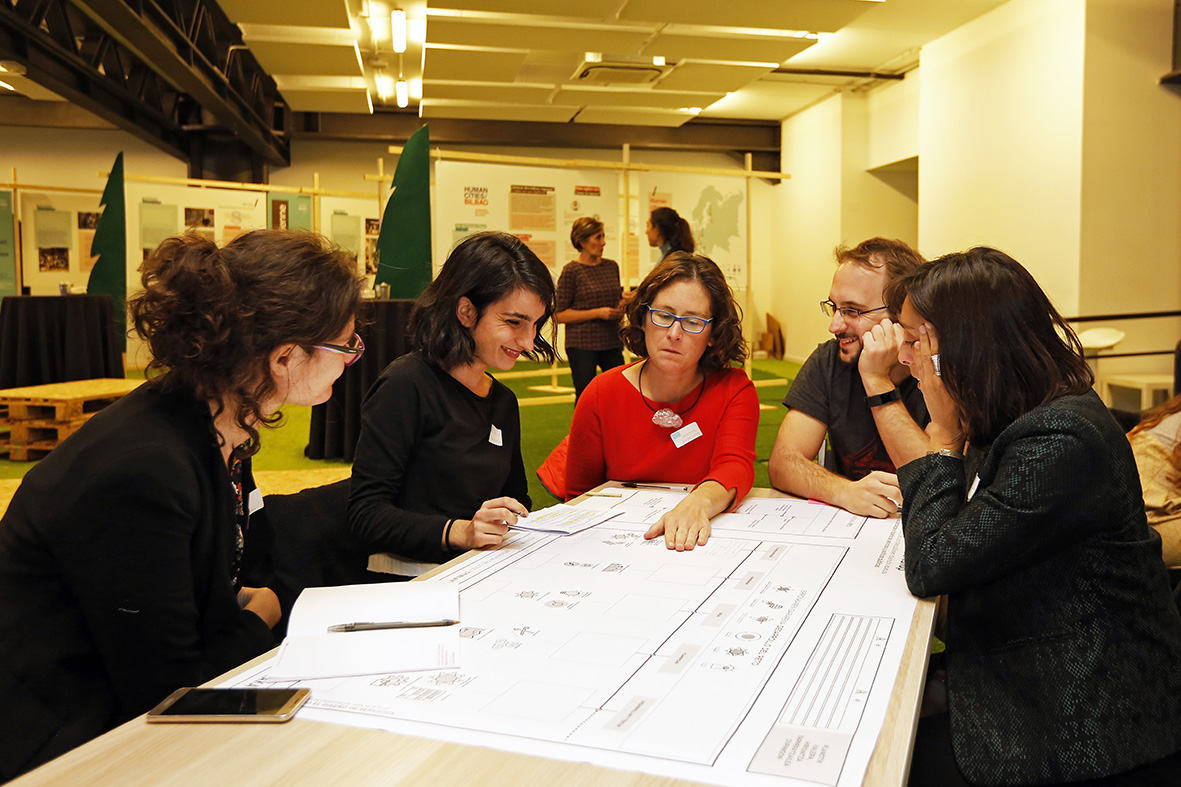
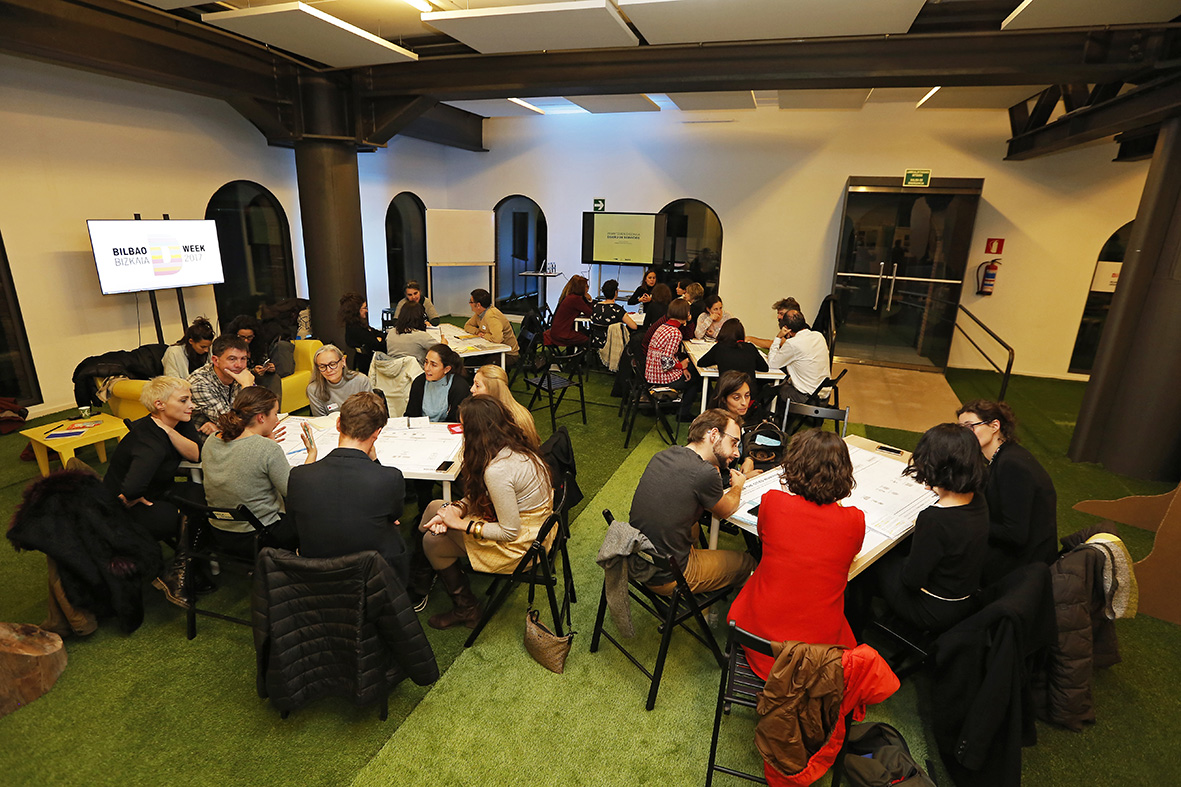
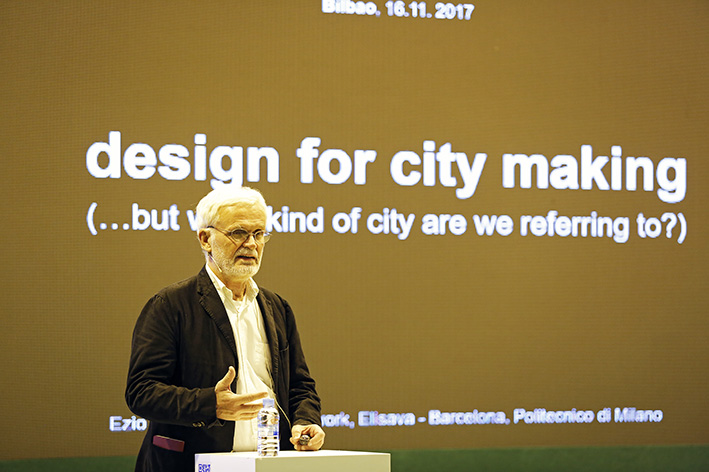
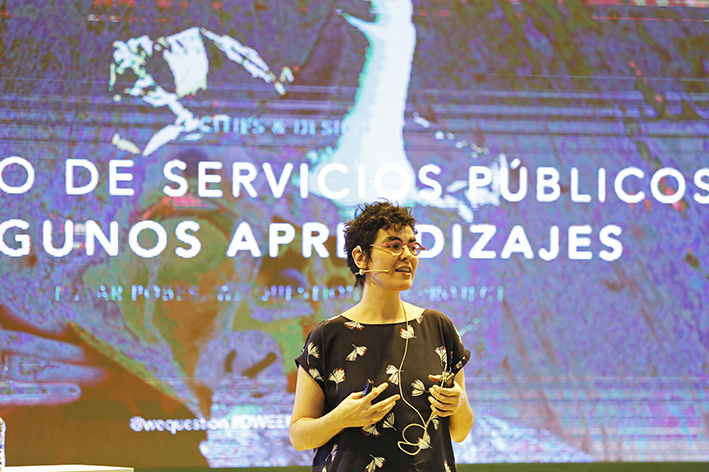
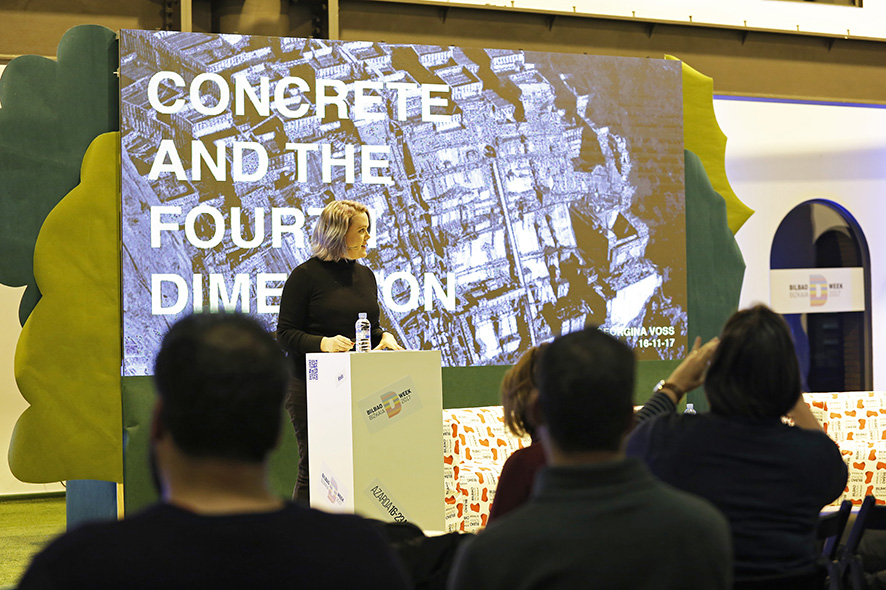
“City-making is building at the same time the physical and social city”
Ezio Manzini.
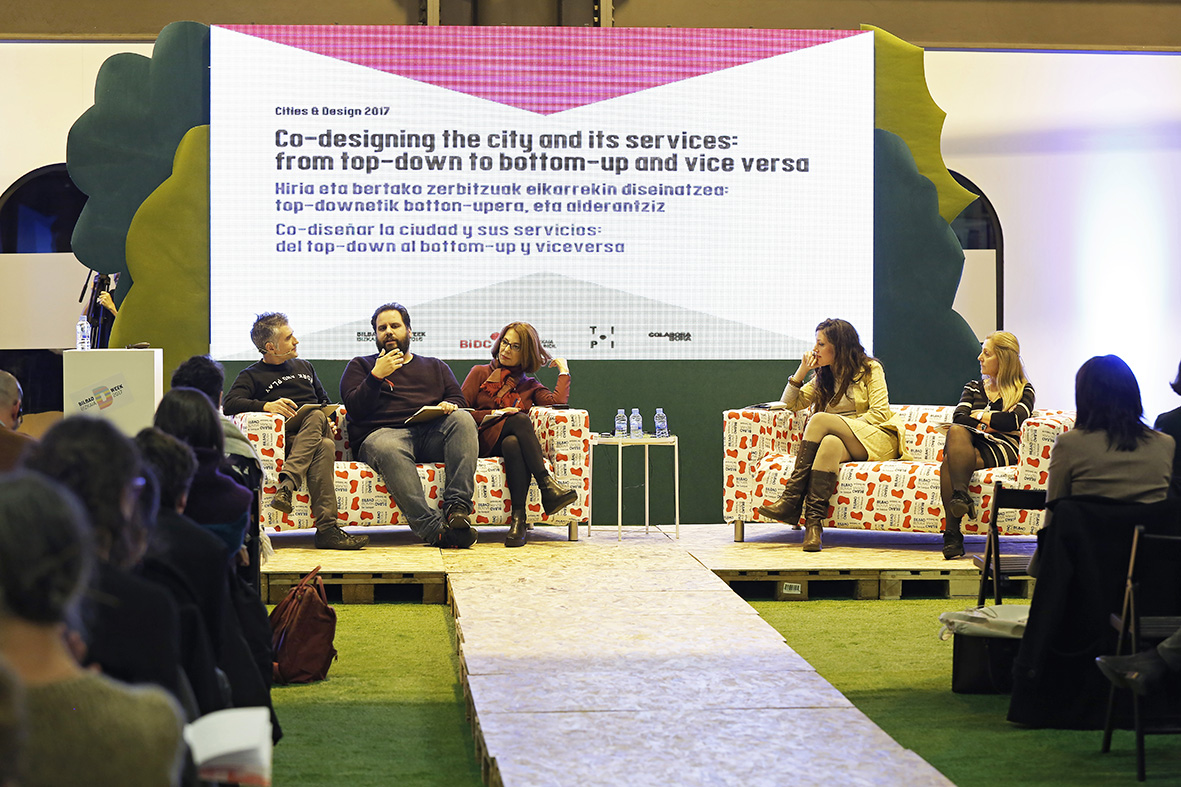
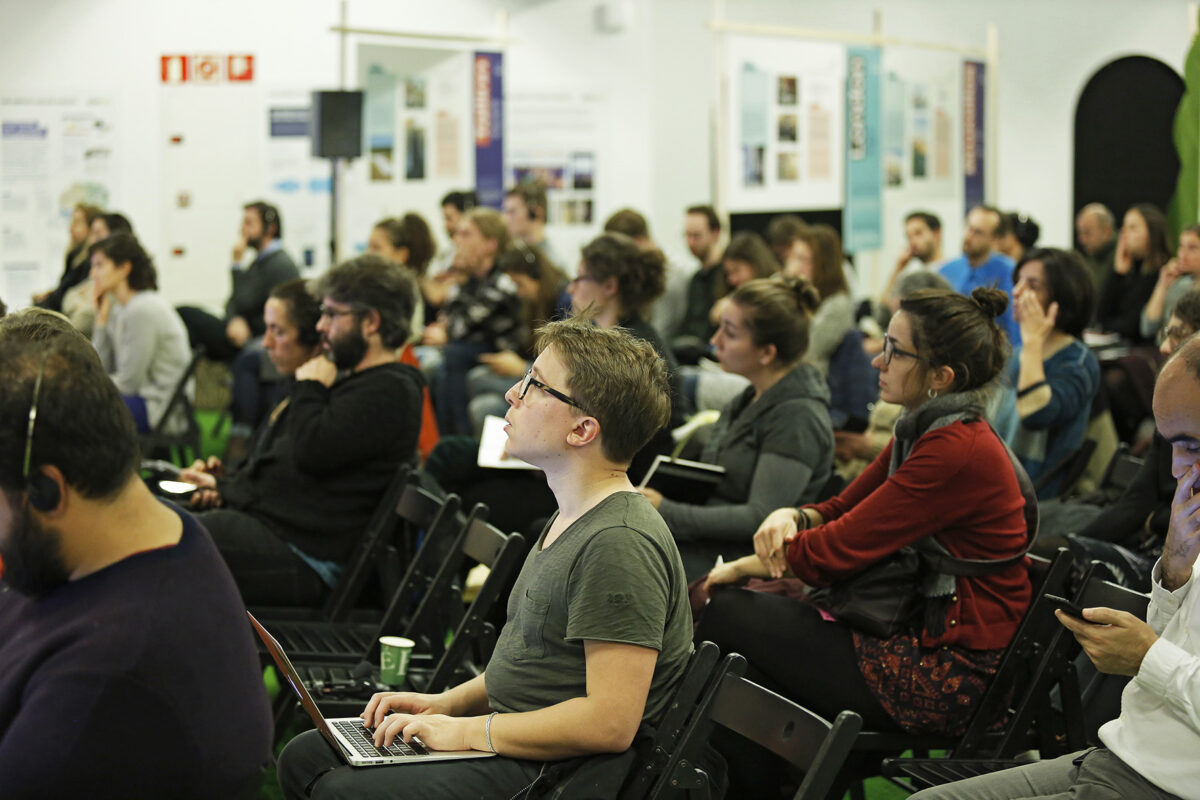
One of the starting points we applied to the same work process, was that the design contributes to reduce the gap between those who make the policies and those who develop and provide the services, acting as an internal work tool. During the 6 months prior to the event, we worked smoothly and in collaboration with the local government team and the Bilbao Bizkaia Design Council, in charge of the DWeek strategy. The most convenient topic was chosen for the panel linked to the needs of the city, the region and the future strategy for the development of the design and creative industries as change and transformation drivers. We carried out an extensive trends mapping, case studies, practices, influencers and we attended referential events such as Design for Government 2017 held in London. Contents and activities were being configured, filtered, modified and finally conceptualized after every work session.
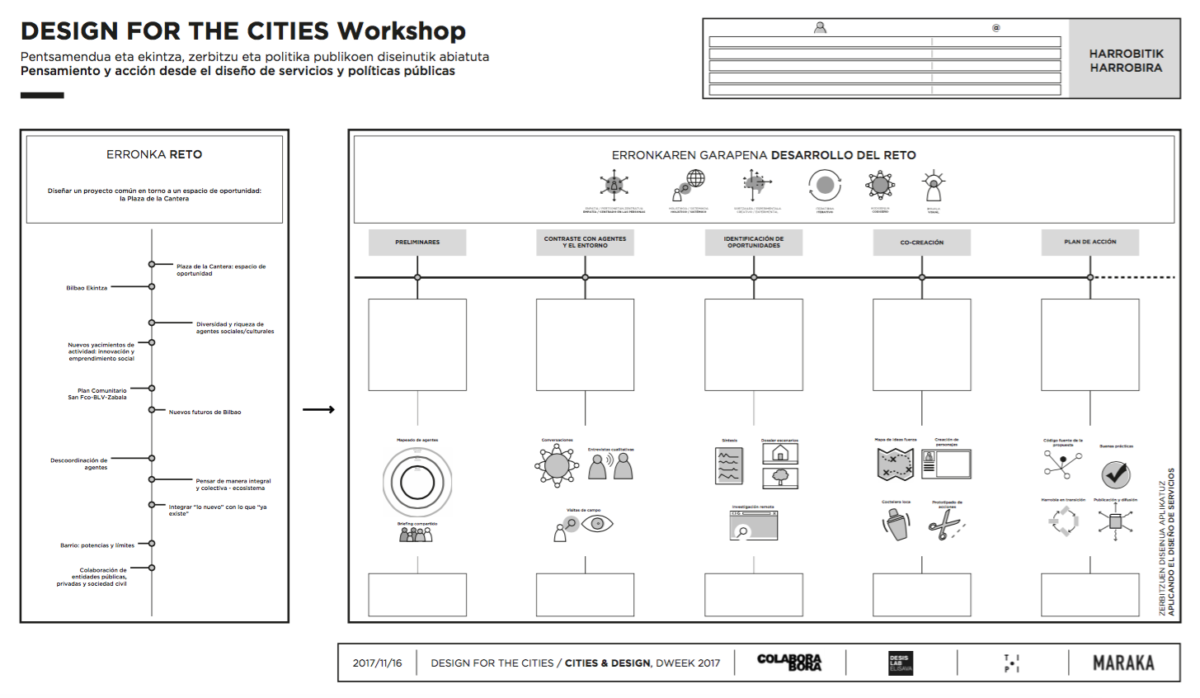
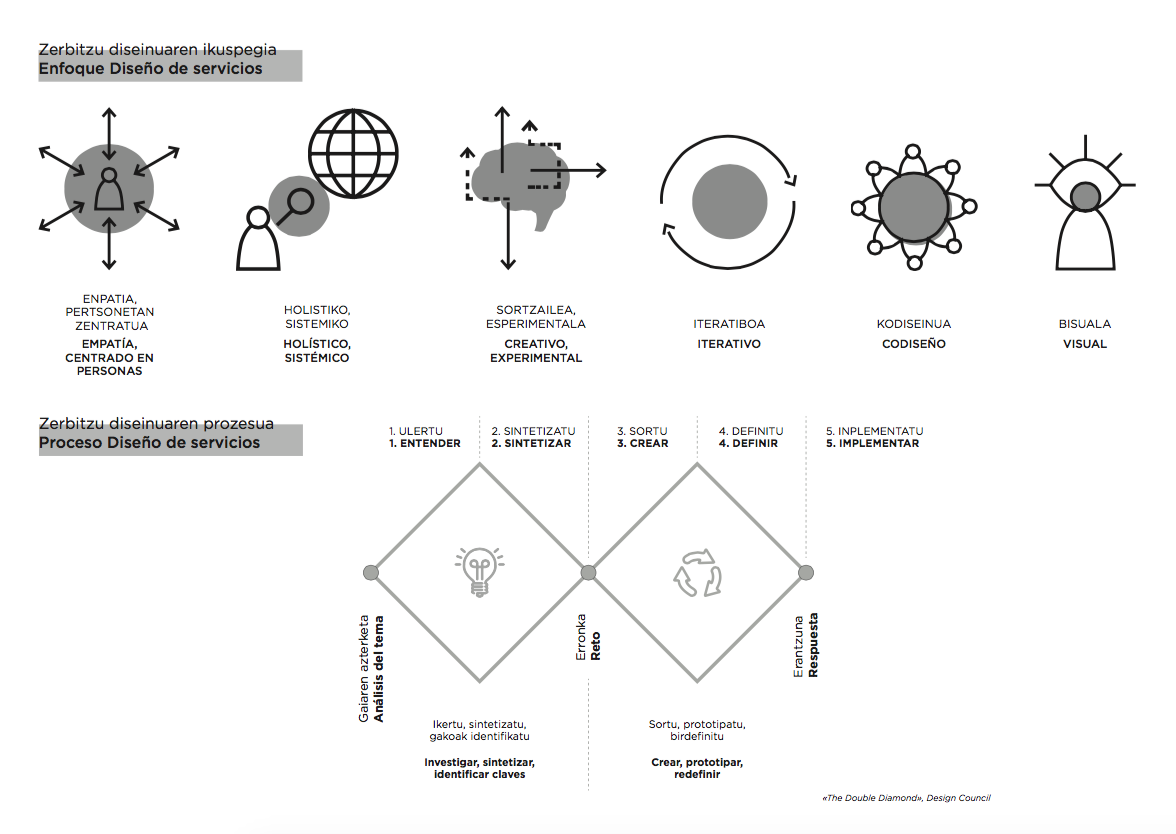
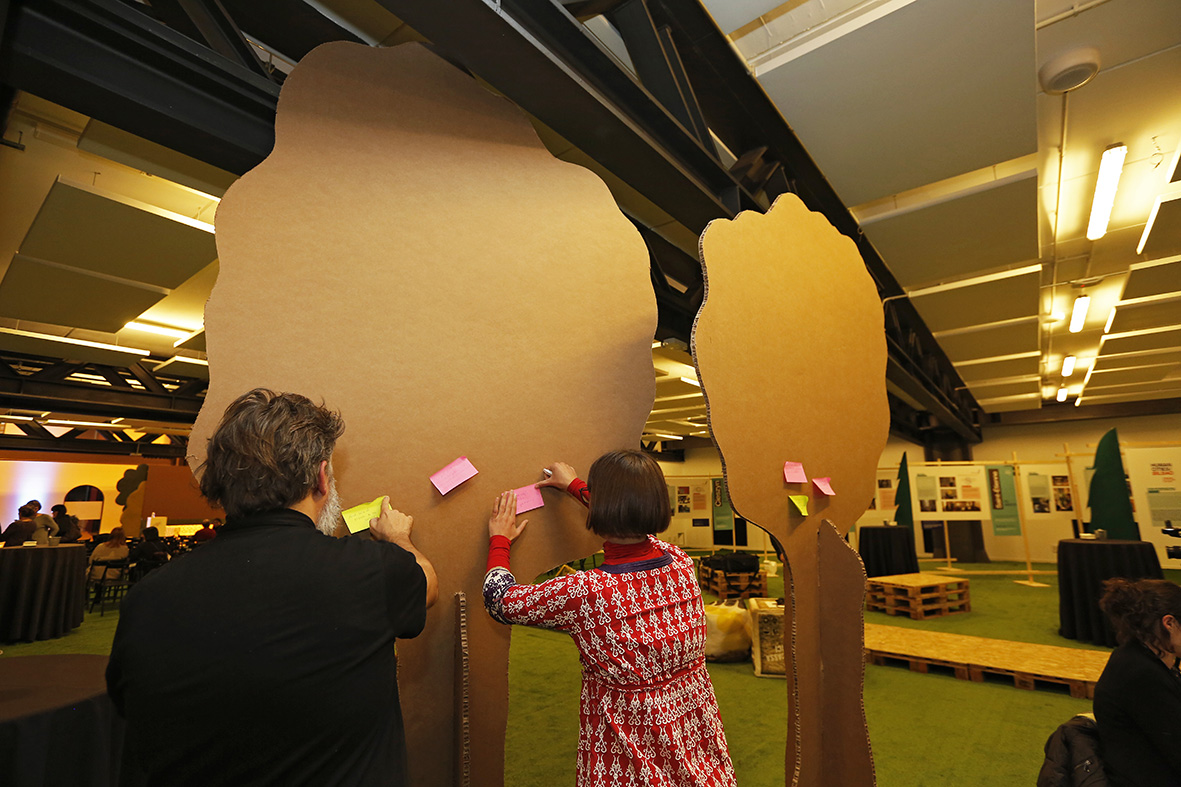
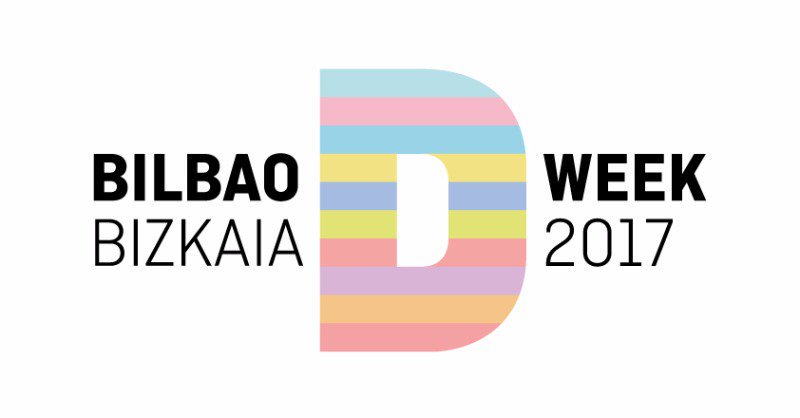
We don’t intend to make a prediction, but to start a discussion about how the future could be through strange embodiments & images. How would this city make you feel?.
Georgina Voss
Client: Bilbao City Council and Bilbao Bizkaia Design Council (BiDC)
Team: ColaBoraBora and Tipi
Collaborators: Maraka and DesisLab Elisava
Date: 2017
My Role: Strategic Designer | Facilitator
Key Methods: Focus groups. SWOT analysis. Case studies.